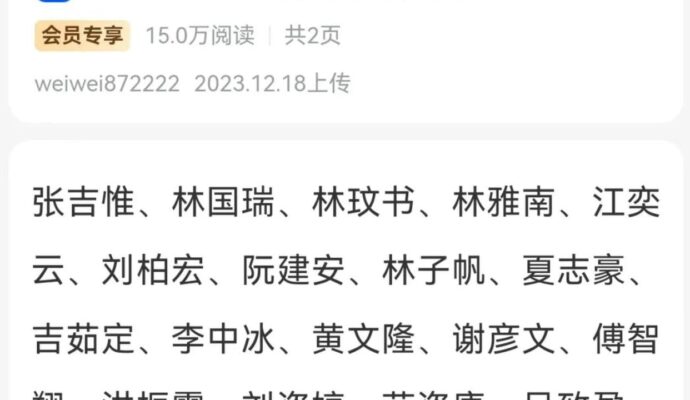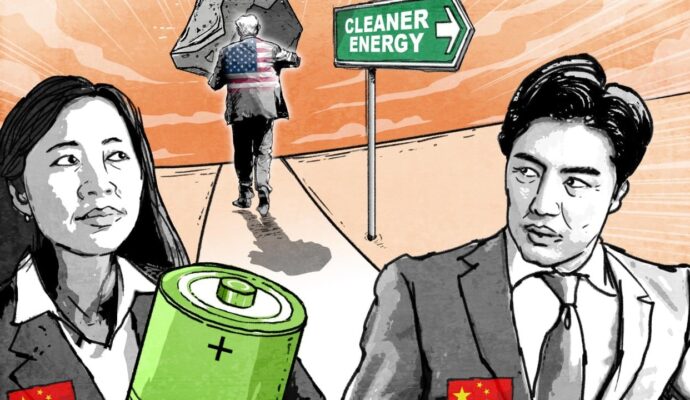Chinese state broadcaster CCTV hailed the Xian summit as a success, saying it ushered in “a bright future of China-Central Asia relations”.
It showed Xi and the five other leaders capping the meeting by planting pomegranate trees, symbolising the long friendship and “close unity and cooperation” between Beijing and the region.
In his keynote address at the summit on Friday morning, Xi described ties between China and central Asian nations as having “profound historical origins [and] extensive practical needs”.
“They are full of vigour and vitality in the new era,” he said.
Xi also called for the expansion of economic and trade ties and energy cooperation, including speeding up the construction of the Line D China-Central Asia gas pipeline and strengthening oil and gas trade.
Beijing’s relations with Washington and other Western powers have been strained over a wide range of issues from the Taiwan Strait to the South China Sea.
But as Western economies have pulled away from China, central Asian leaders have come out in support of Beijing, with hopes of increased Chinese engagement in their region.
In a joint statement released after the summit, the six leaders presented a show of solidarity, reaffirming mutual support for each other’s core interests and approach to development.
“The parties stress that democracy is a common pursuit and value of all mankind,” the statement said. “The choice of a country’s own development path and mode of governance is its sovereign right and is not subject to interference.”
The document added that China and the five central Asian countries would work together to boost cooperation in renewable energy, while stressing the “importance of a stable energy supply to the development of economic, trade and investment cooperation”.
It also stressed the importance of improving connectivity in the region, including better transport links between Central Asia, Southeast Asia and other countries on the continent.


